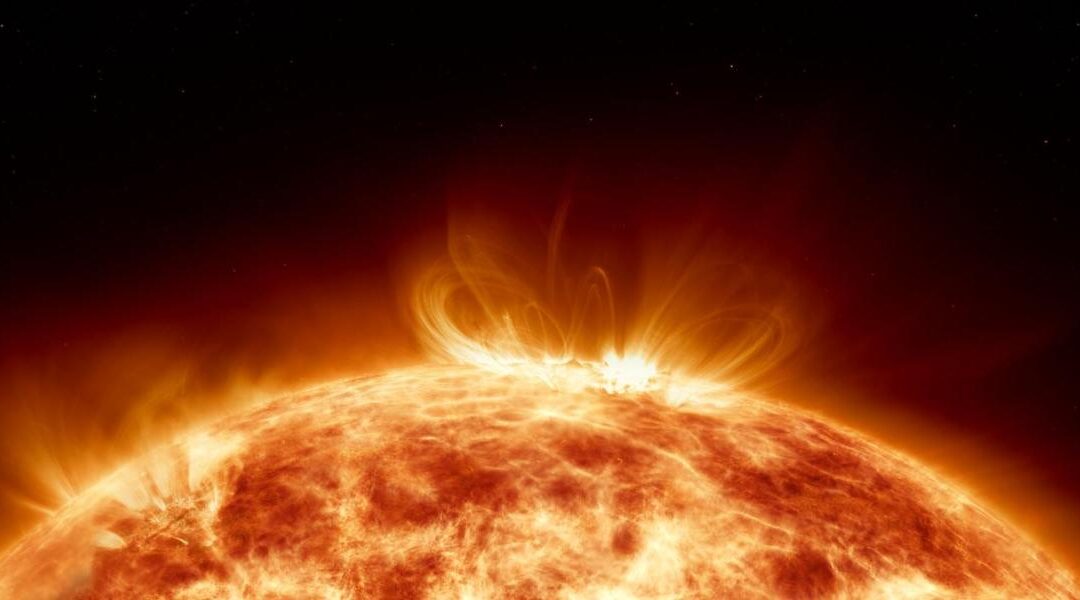NJIT researchers have been awarded a $593,864 National Science Foundation grant to develop a new AI system for more quickly and accurately predicting when explosive space weather events on the Sun will strike, from solar flares to coronal mass ejections (CMEs).
The three-year project, led by Yan Xu at NJIT’s Institute for Space Weather Sciences (ISWS) and Jason Wang at the university’s Ying Wu College of Computing, will develop AI-powered space weather forecasting capabilities that could offer solar researchers a new window into the complex magnetic processes in regions of the Sun’s atmosphere that trigger such eruptions, and to this point, have rarely been observed.
According to the researchers, the new AI-powered forecasting system — called SolarDM — could boost early-warning detection of these eruptive events on Earth by days, while offering vital insights to the space weather science community as activity on our nearest star ramps up over the course of the current 11-year solar cycle, which began in 2019.
“Major solar eruptions are powered by magnetic processes taking place in the solar corona, where we’ve lacked critical data due to poor observation conditions and insufficient instruments,” said Xu, the project’s principal investigator and research professor at NJIT’s Center for Solar-Terrestrial Research. “Observations of the atmospheric layer underneath are crucial to study 3D magnetic fields. SolarDM’s data insights potentially give us a way to map the magnetic landscape of this region, allowing us to better predict these powerful eruptions.” To read the full story.

